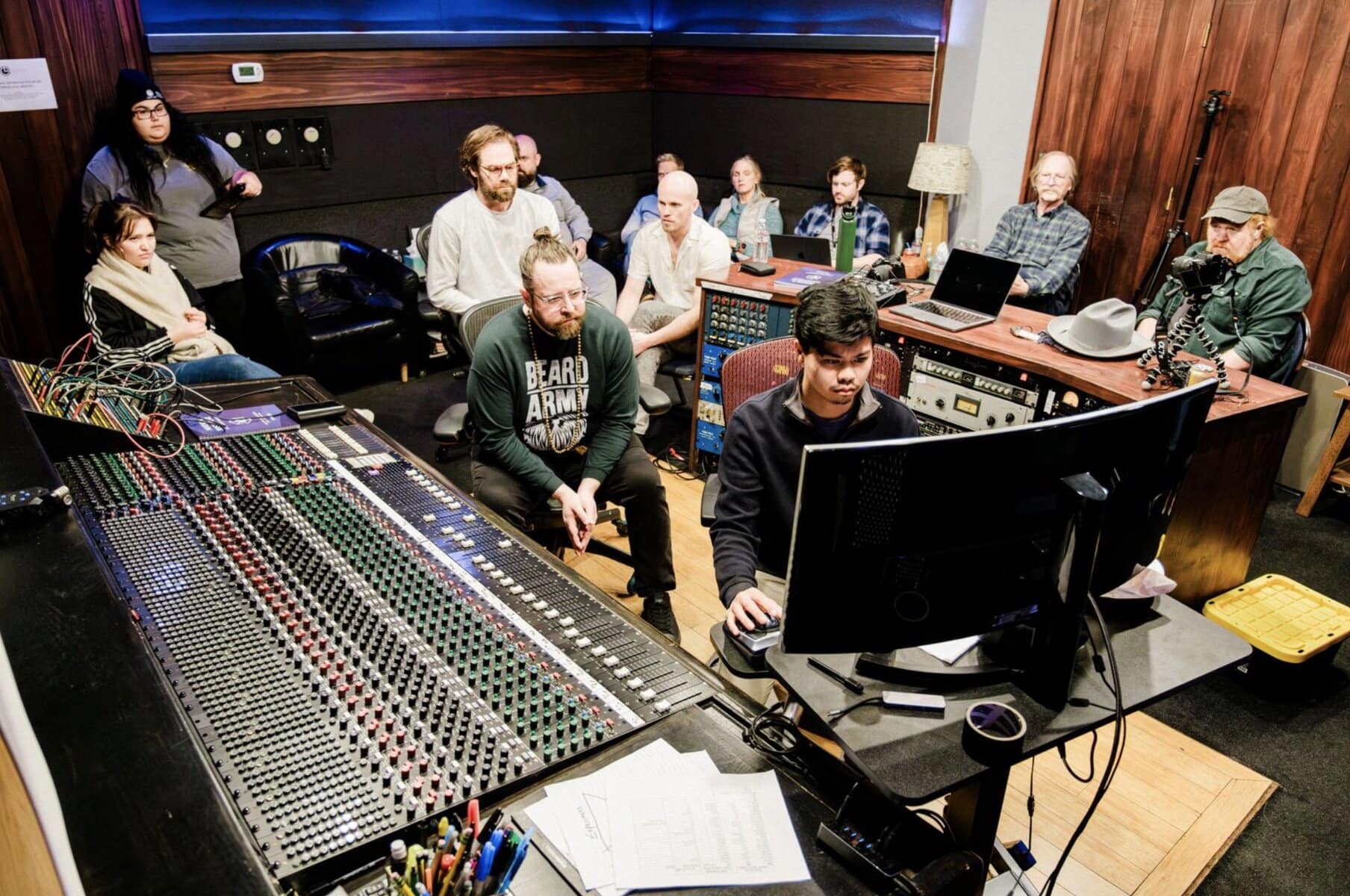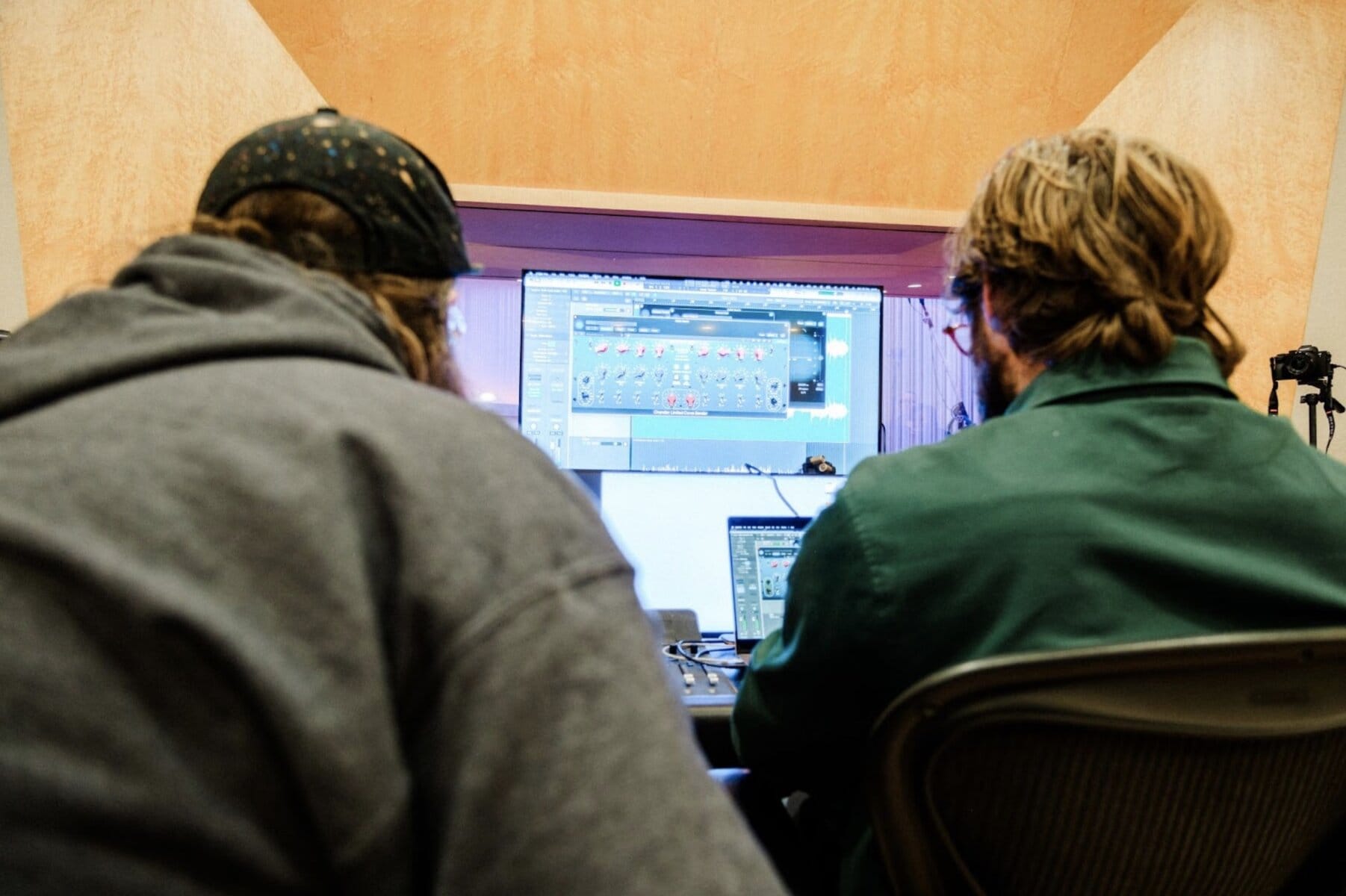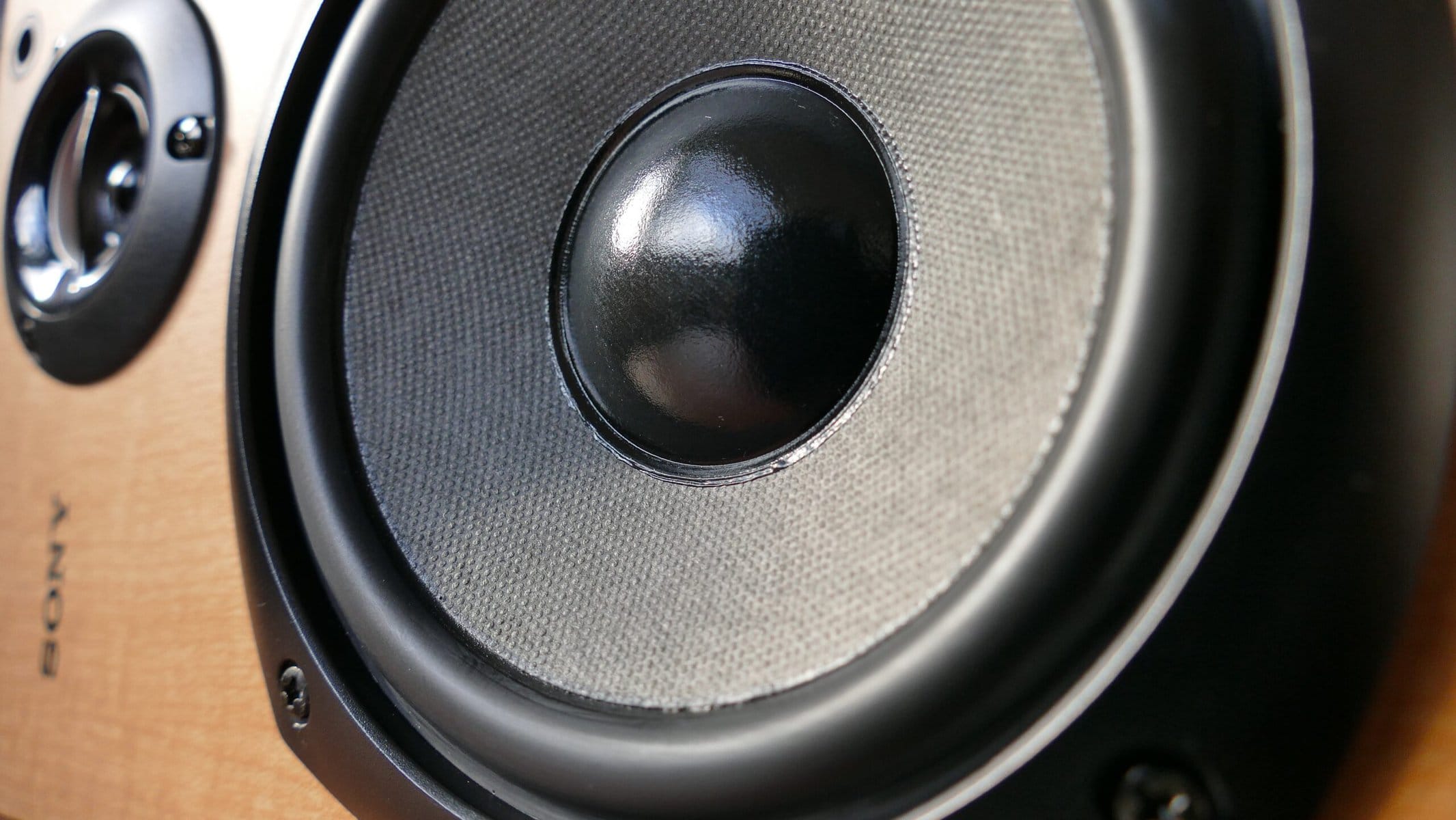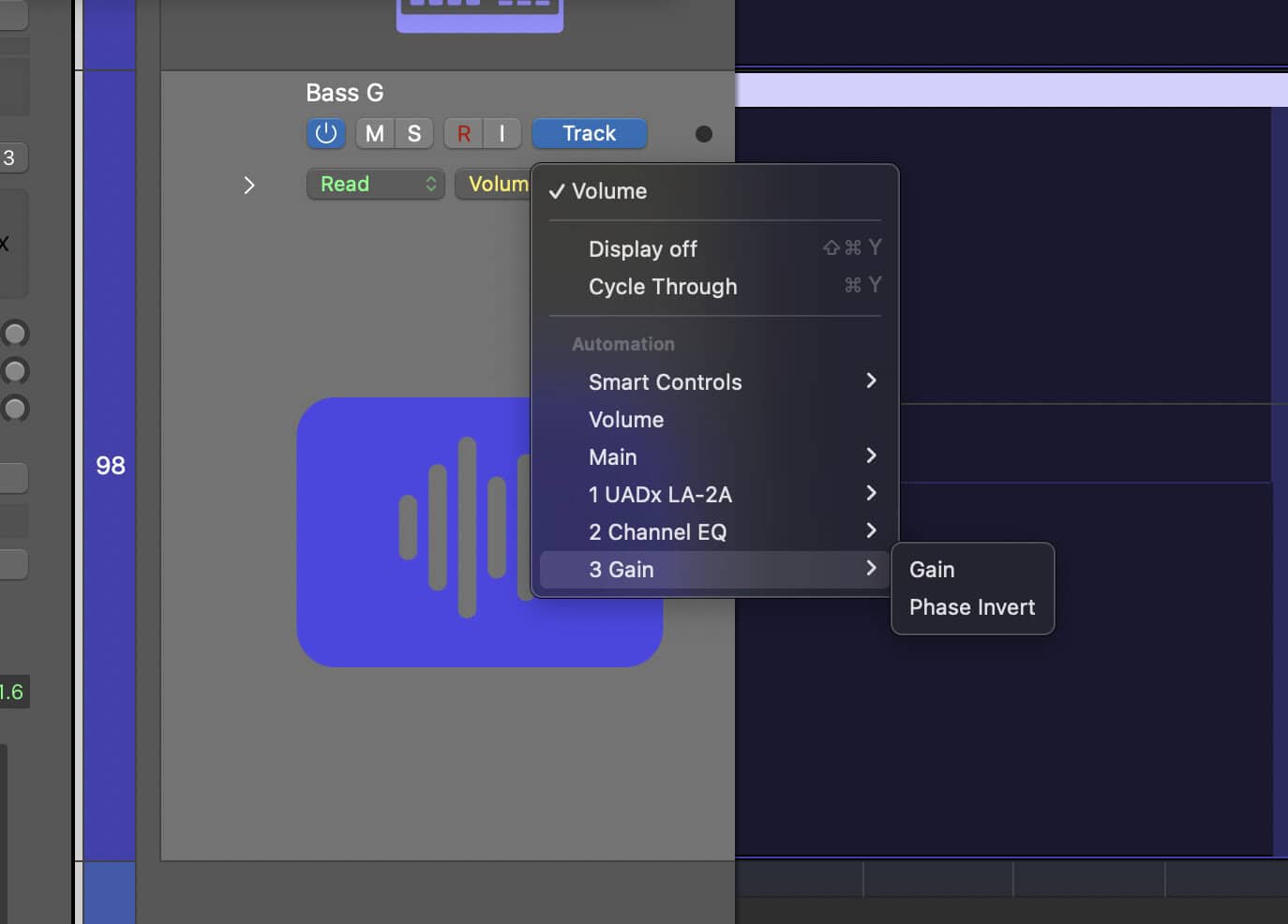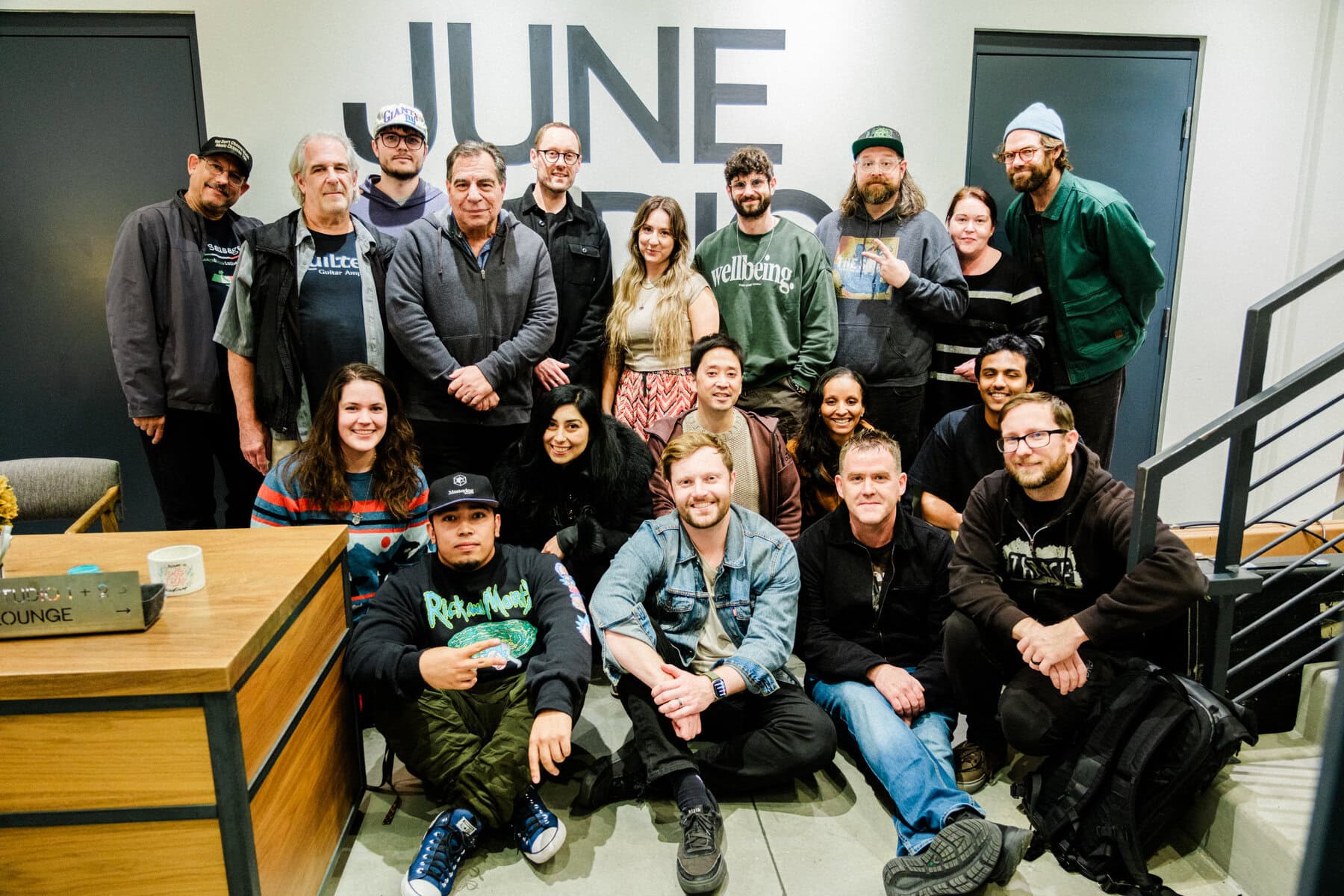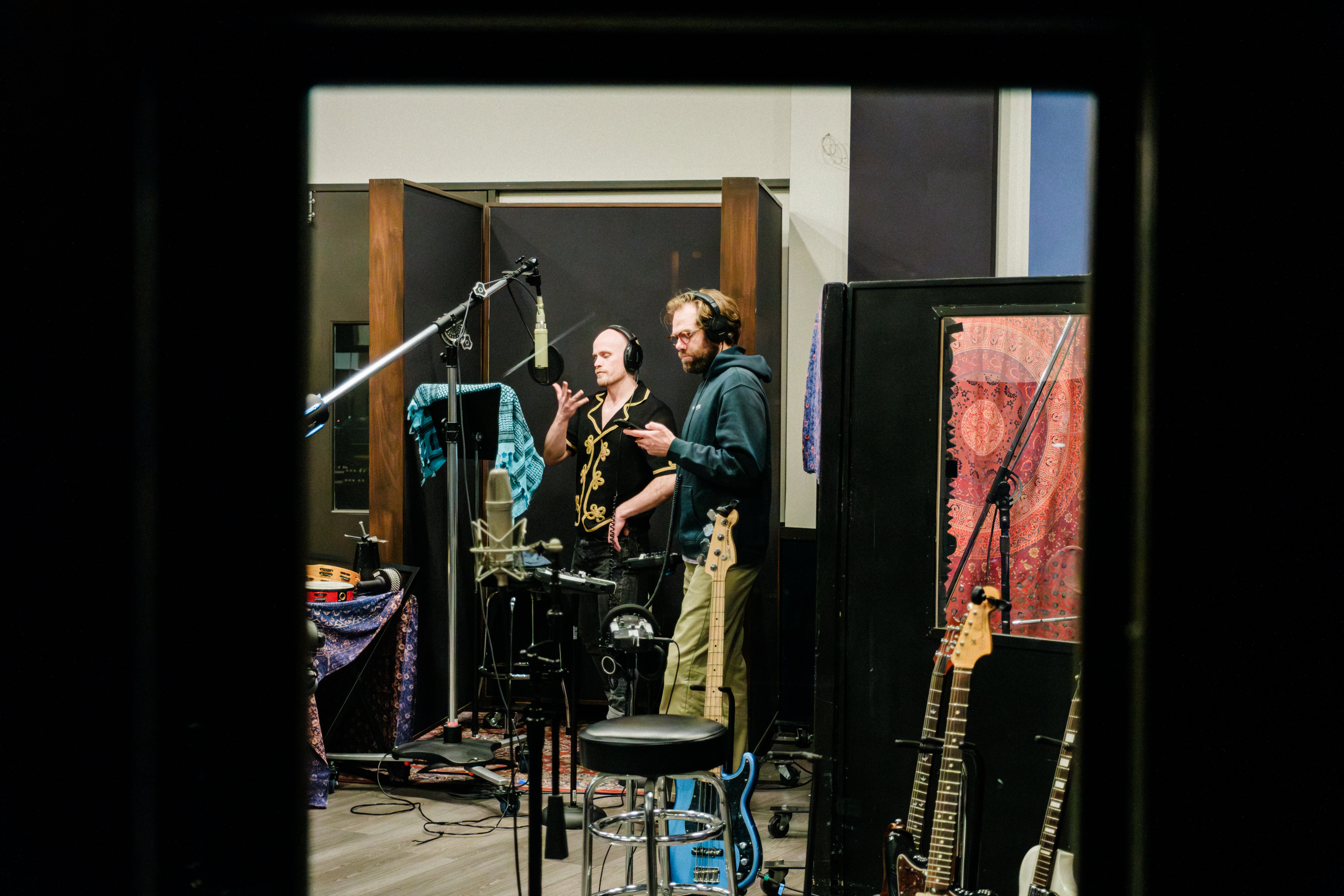The digital age changed everything. In the modern world of mixing, we have more options available than ever before.
We no longer have to spend tens of thousands of dollars to get the hardware we need for professional sounding recordings. Now, all we need is a computer and some software. That’s the joy of mixing with plugins.
We live in an incredibly convenient time, but it’s a time with its own set of problems. The amount of options we have for our software toolbox is overwhelming.
Each DAW comes with dozens of stock plugins, and there are hundreds of third-party plugin developers out there, fighting for your dollars.
Every time we open up a project to mix, decision fatigue is nipping at our heels. So if we want to get better at our craft, we have to start making some hard choices.
In this guide, you’ll learn 4 mistakes you’re making with your plugins that are making your mixes worse. And they’re mistakes you can fix today.
I’m guessing you’re here because you want to make your mixes sound professional. We put together a brief training that covers a totally new approach to music production. Until now, everyone has been teaching production totally backward. Just click below to watch.Get industry-quality every time (steal this framework)
But if you just want to learn about Mixing Mistakes specifically, keep reading.
What Mix Mistakes Are You Making With Your Plugins?
Mistake #1: Worrying About What Mixing Plugin to Choose

Let’s make this clear: it’s not the plugin that matters.
You are what matters.
How well you use your plugins is much more important than which plugins you pick.
Different plugins sound different, of course. But spending all of your time worrying about which plugin to use, trying out different plugins, buying different plugins, learning about your new plugins…
…it takes a large amount of time away from actually getting better at mixing with plugins.
Practice is what matters! You should be focusing on mastering one or two plugins for each tool instead of finding the “right” compressor for that acoustic guitar you’re working on.
Now let’s make this clear: I’m talking about FREE plugins too. The premium plugins aren’t the only problem.
Just because you’re not using your hard-earned dollars doesn’t mean that they get a free pass. They are just as distracting.
Another reason spending time trying to find the “right” plugin for the job is problematic is because of ear fatigue.
When you are mixing, your body is on the clock. You have a limited amount of time before your ears naturally get tired and you start making poor mix decisions.
So each minute in a mix is valuable. Don’t waste them making slow decisions. Pick a plugin, learn it as best you can, and use it.
Your mixes will be better because of it!
Mistake #2: Skipping Your Stock Plugins

When you first started, you were probably ecstatic about all of the plugins you got for free with your DAW.
“You mean I get a whole recording studio in my computer for a few hundred dollars? That’s amazing!”
But then you started to learn more about mixing. You started reading the forum boards. You started talking to your buddies who’ve been producing for a few years.
You started to hear The Great Lie of Mixing with Plugins: “Your mixes can’t sound good if you don’t buy third-party.”
And what a lie it is!
Before you start spending hundreds of dollars on premium plugins (or even downloading free ones), here’s a piece of advice…
…don’t.
Or at least, don’t yet.
You don’t need expensive plugins to make a mix sound good. You have all the technology you need.
You just need to learn it.
I realize that you are probably rolling your eyes reading this. “This is so obvious. Of course I need to be better at mixing with plugins. That’s why I’m here in the first place!”
But it’s a reminder we need every day. Even I need to tell myself this sometimes.
Here’s the truth:
Stock plugins can get you 90% of the way to a professional mix at 10% of the cost.
Don’t skip the most important step in learning to mix. Get good with your ears, not your dollars!
Mistake #3: Mixing Plugin Hoarding
![]()
Once you’ve gotten to a place where third-party plugins are more useful, a new beast comes into play – plugin hoarding.
Buying new plugins is addictive. We’ve been told that premium plugins are the only way to get a better sound. So why wouldn’t you want to invest in them?
Because of this, you start to get “GAS”: Gear Acquisition Syndrome. You think the more dollars you throw at a problem, the more likely that problem will go away.
Chip by chip, bit by bit.
Trust me, it’s a mistake.
I suffer from this myself. I have hoards of Waves plugins, because they run so many tempting sales. They always seem so appealing, and my credit card always seems so close!
Of course, mixing with Waves plugins is no different, but you still need to be careful.
The more plugins you purchase, the more you have to decide which to use. This just sends you right back into Mistake #1. You have decision fatigue all over again, but now it’s even worse.
“Which compressor do I use on this piano? I have 12.”
“What EQ to I use on this bass? I bought 7.
“What reverb would make these background vocals sing? I have 5… and each has a hundred presets.”
It’s overwhelming, and it’s making your mixes sound worse.
To break this mistake, you have to do two things.
One: Don’t buy cheap plugins for the sake of it.
And Two: Delete plugins that you don’t actively use.
Scary, right? But it’s easier than it sounds. It just takes some willpower and a little courage.
When you’ve already bought a third-party plugin, it’s a sunken cost. You aren’t going to be making any of that money back.
So if that plugin is holding you back, then why keep it around? Be kind to your brain. Stop giving it decision fatigue.
I recommend having one go-to plugin for each type. One compressor, one EQ, one reverb, one delay, one distortion, and so on. I’ll use this plugin 80% of the time.
Get REALLY good at the limited tools you use, and you’ll get more results out of them than you EVER could before.
For people who want to go the extra mile, create a seperate folder for just your go-to plugins. I did this a year ago, and it’s made a world of difference.
Basically, I went into my DAW’s plugin manager and made a custom folder that I labeled “FAVORITES.” I then put my go-to plugins in this folder.
Buh-bye decision fatigue.
UPDATE: Dylan put together a short video telling you why plugin order mostly doesn’t matter:
Mistake #4: Obsessing Over the Past
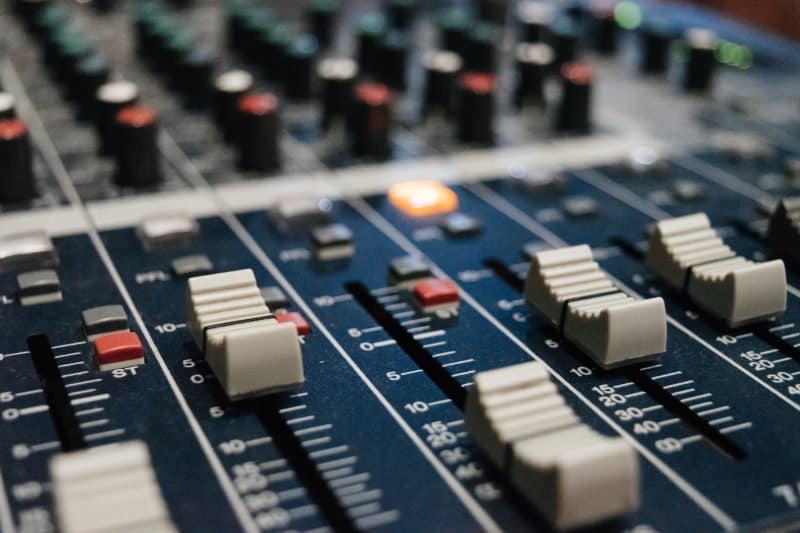
We can all agree on this: music sounded GREAT in the 70’s.
But you know what we also need to agree on? Music sounds GREAT now too!
People have a strange obsession over analog equipment (and the plugins that emulate them). They think they are the holy grail of audio – that music started to worse and worse once digital came around.
I’m here to tell you – that’s not true.
Analog plugins can sound amazing, of course. I’m not knocking them.
But technology has progressed, and with it, so has sound.
We have technology that engineers in the 60’s and 70’s never even dreamed of. And we’ve proven that you don’t need analog to create a pro mix!
A great example: Digital compressors have a much larger range of attack and release times than ever before. We can create more punch and sustain than ever.
But if you refuse to use our new technology, that’s a big opportunity you’re missing out on.
Again, I’m not knocking analog emulations. One of the most important things they can do is add “color” to a sound. They really do sound great.
But they’re not a magic wand. They don’t fix a mix simply by being there.
You don’t need a perfect emulation to create the vibe you’re looking for. There are tools all around you for that.
I have a million analog compressors. I’ve got the API-2500, the LA-2A, the Fairchild 670, the Urei 1176, the SSL 4000, and so on and so on.
But remember, what comes with too many choices? Decision fatigue.
Modern compressors do the job just fine. One of my favorites is actually Logic Pro’s stock compressor.

It has every option you would need to compress any instrument, and on top of that, it includes several free analog emulations itself! It sounds great, it works great, and it’s absolutely free of charge and free of choice.
You don’t need to spend the money on these expensive plugins to get a good sound. You just need to spend the time on what you have. Trust me – the results will follow.
Bonus Tip: When to Splurge on Plugins

You can get an amazing sounding mix with only what you have. Hopefully by this point you can see that.
But at some point, upgrading or branching out might be a necessity.
I’ve preached enough that you shouldn’t throw money at your DAW, thinking that quality will follow. But at a certain point, investing some money will help.
So here’s the big question: WHEN is the right time to upgrade to a third-party plugin?
Here’s my rule.
Don’t buy a plugin until you have a problem that your current toolkit can’t solve.
If you put the time into practicing with what you have, you’ll find that you can overcome 90% of all obstacles that come your way. But sometimes, you need more tech to go that extra mile.
But before you buy, ask yourself these questions:
- Have I put in the time to get good at this tool? Or do I still have much more to learn?
- Have I had this problem multiple times, over multiple mixes? Or is this coming up for the first time?
- Am I purchasing a necessary tool? Or am I just getting something that’s “fun?”
And most importantly:
4. Do I NEED this new plugin? Or do I WANT this new plugin?
If you made it through that checklist, go for it. But if not, maybe reconsider your reasoning. Stock plugins are more powerful than the message boards and the marketing tell you!
Ask yourself this question…
“Am I blaming my bad mixes on cheap stock plugins?”
If the answer to that question is YES…
You aren’t ready to start buying plugins.
But before you buy something expensive, see if there’s a free plugin that does what you’re looking for.
Conclusion
If you want to dig deeper into music production and learn what it actually takes to make mixes that sound pro… And you’re an intermediate or advanced producer… Be sure to check out the free masterclass: Enjoy!Next Steps


